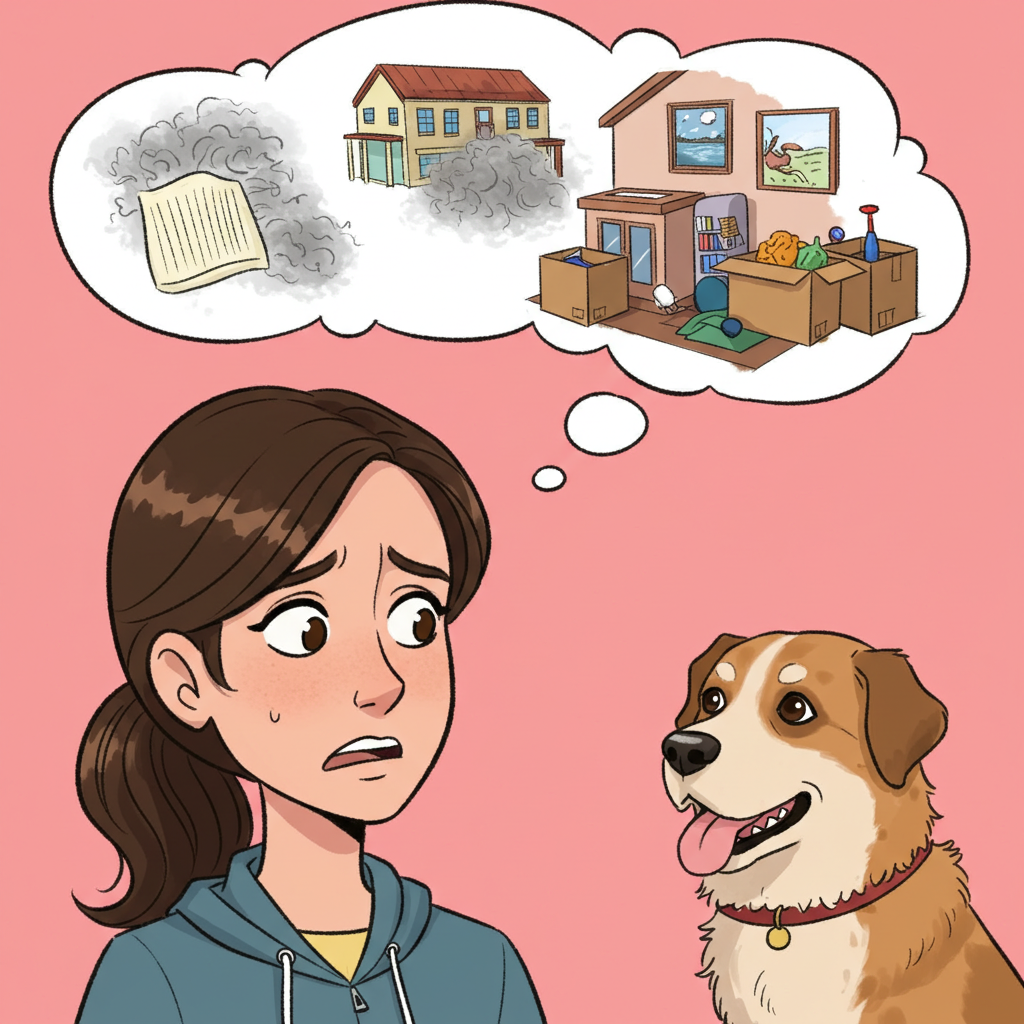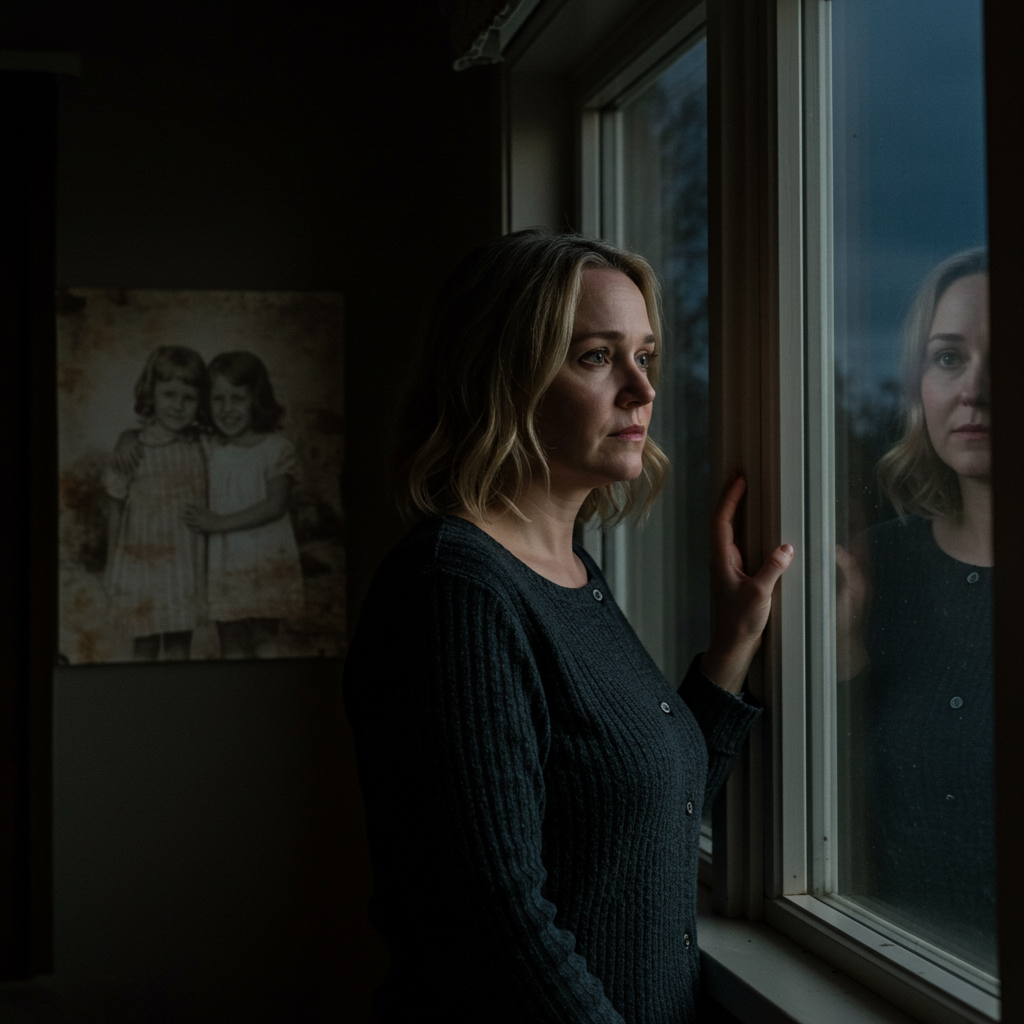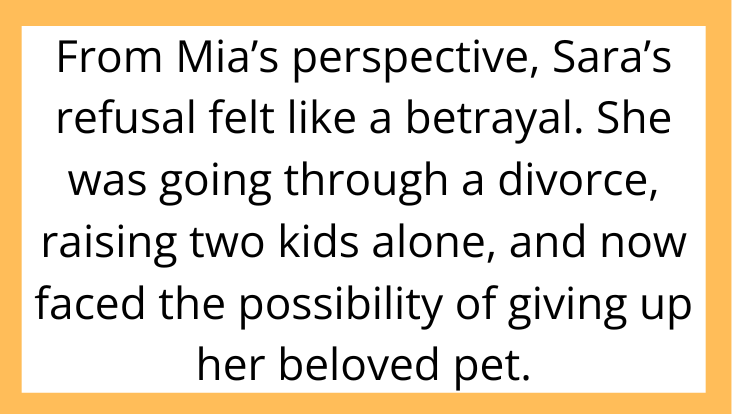AITAH for Refusing to Let My Sister Bring Her Dog to Live With Me After Her Divorce
When relationships end, the ripple effects can touch everyone around us. In today’s AITAH scenario, a woman grapples with a difficult decision: Should she sacrifice her comfort to help her newly divorced sister—or stand her ground and risk looking heartless?
Let’s dive into this real-life dilemma that has social media buzzing.
The Background: A Sudden Request

A 32-year-old woman—let’s call her Sara—shared her story on r/AITAH. Recently, Sara’s sister, Mia, went through a messy divorce. Mia had to move into a small rental apartment with her two young kids. The apartment doesn’t allow pets, and Mia owns a large Labrador she’s had for nearly seven years.
Desperate to keep her dog in the family, Mia asked Sara if she could take the dog in “just for a few months” until she found a pet-friendly home.
Sara said no.
The reason? Sara works full time, lives in a small townhouse, and has never owned a pet. She was worried about the dog’s size, her allergies, and the impact on her own mental health. Sara offered to help pay for a pet boarding service or even contribute to pet-friendly housing costs—but she didn’t feel comfortable taking the dog into her home.
Mia was devastated. She called Sara selfish and accused her of abandoning her in her darkest hour.
Sara turned to Reddit with a burning question: Am I the villain for saying no to my sister’s dog?
Why Sara Said No: Personal Space and Practical Limits

It’s easy to label someone as cold for turning down a family member in crisis. But Sara’s concerns were practical:
-
Allergies: Even mild allergies can become unbearable with a large, shedding dog.
-
Space: A townhouse with no yard is not an ideal environment for a big Labrador.
-
Experience: Sara had never owned a dog and didn’t feel capable of providing adequate care.
In her post, she emphasized she wasn’t turning her back on Mia. She was simply setting a boundary she felt was necessary for her own well-being.
Why Mia Feels Betrayed: A Sister’s Plea for Help

From Mia’s perspective, Sara’s refusal felt like a betrayal. She was going through a divorce, raising two kids alone, and now faced the possibility of giving up her beloved pet.
For Mia, Sara’s townhouse seemed like the obvious solution: family stepping up when times get hard.
The emotional stakes were high. To Mia, losing the dog was another loss piled on top of her already crumbling life.
Reddit’s Verdict: Mixed Reactions

Reddit’s AITAH community was split.
Most users sided with Sara.
“You offered money and resources—that’s not selfish,” one commenter wrote. “You don’t owe anyone your home.”
Others praised her for recognizing her own limitations instead of agreeing to something she couldn’t handle.
But some sympathized with Mia.
“If you can help family without real harm to yourself, you should,” another user said. “This is more than a dog—it’s about helping your sister feel like her world isn’t falling apart.”
When Boundaries Feel Like Betrayal

This scenario highlights a common theme in AITAH stories: sometimes setting healthy boundaries can look like cruelty to people who are hurting.
But as many commenters noted, agreeing to take in a pet you can’t care for doesn’t ultimately help anyone. Sara knew her limits. She offered other forms of help—just not the one Mia wanted most.
Could There Have Been Another Way?

Some readers suggested compromises:
-
Temporary fostering through a local rescue: Many organizations can place pets temporarily while owners stabilize their living situation.
-
Short-term boarding at Sara’s place for just a few weeks with professional dog walkers and help from Mia on weekends.
-
Pooling resources with other family members to rent a small house together.
But ultimately, all of these still required Sara’s consent—and she was clear she didn’t feel comfortable.
The Bigger Question: Are We Obligated to Save Loved Ones from Every Consequence?

The heart of this story isn’t just about a dog. It’s about the tension between compassion and self-preservation.
It’s easy to say, “Family comes first,” but what happens when helping family means compromising your health or peace of mind?
Sara’s story is a reminder that sometimes the healthiest choice is to be honest about what you can and can’t take on—even if it means disappointing someone you love.



